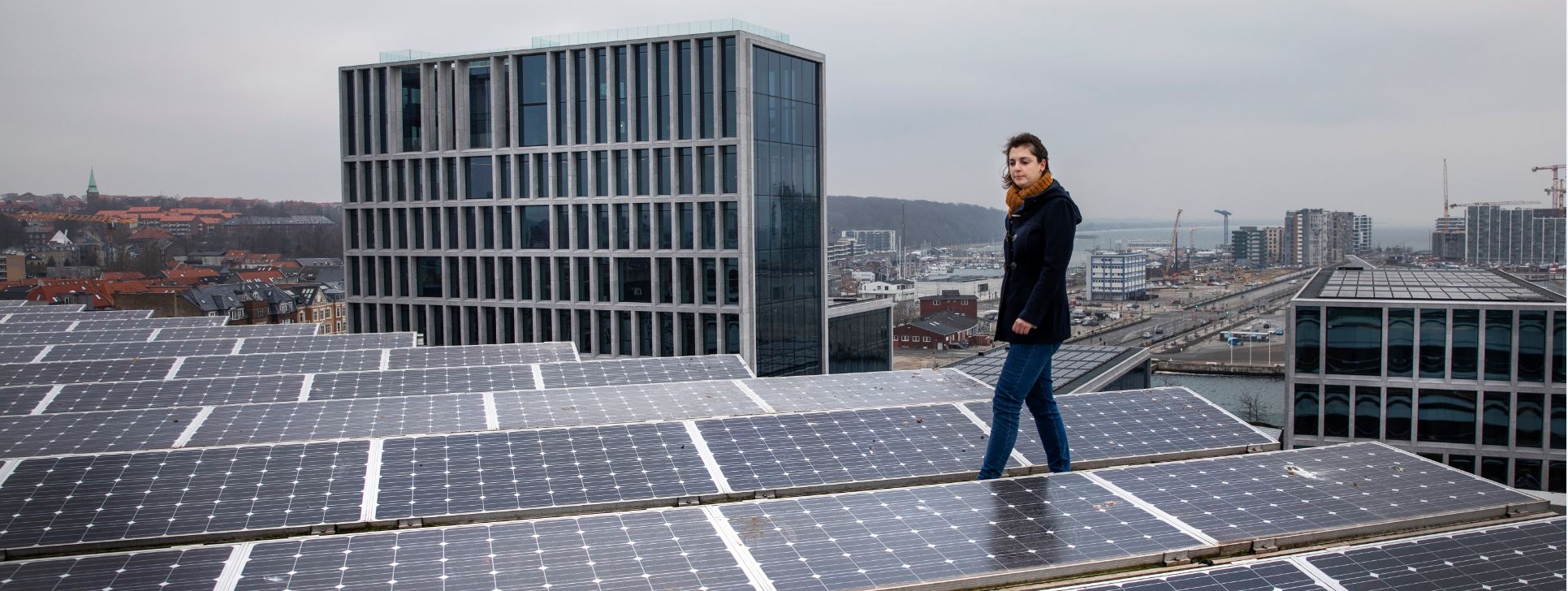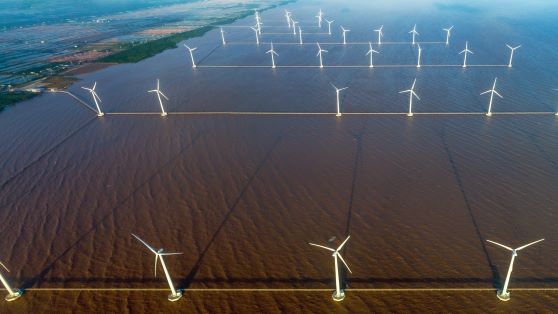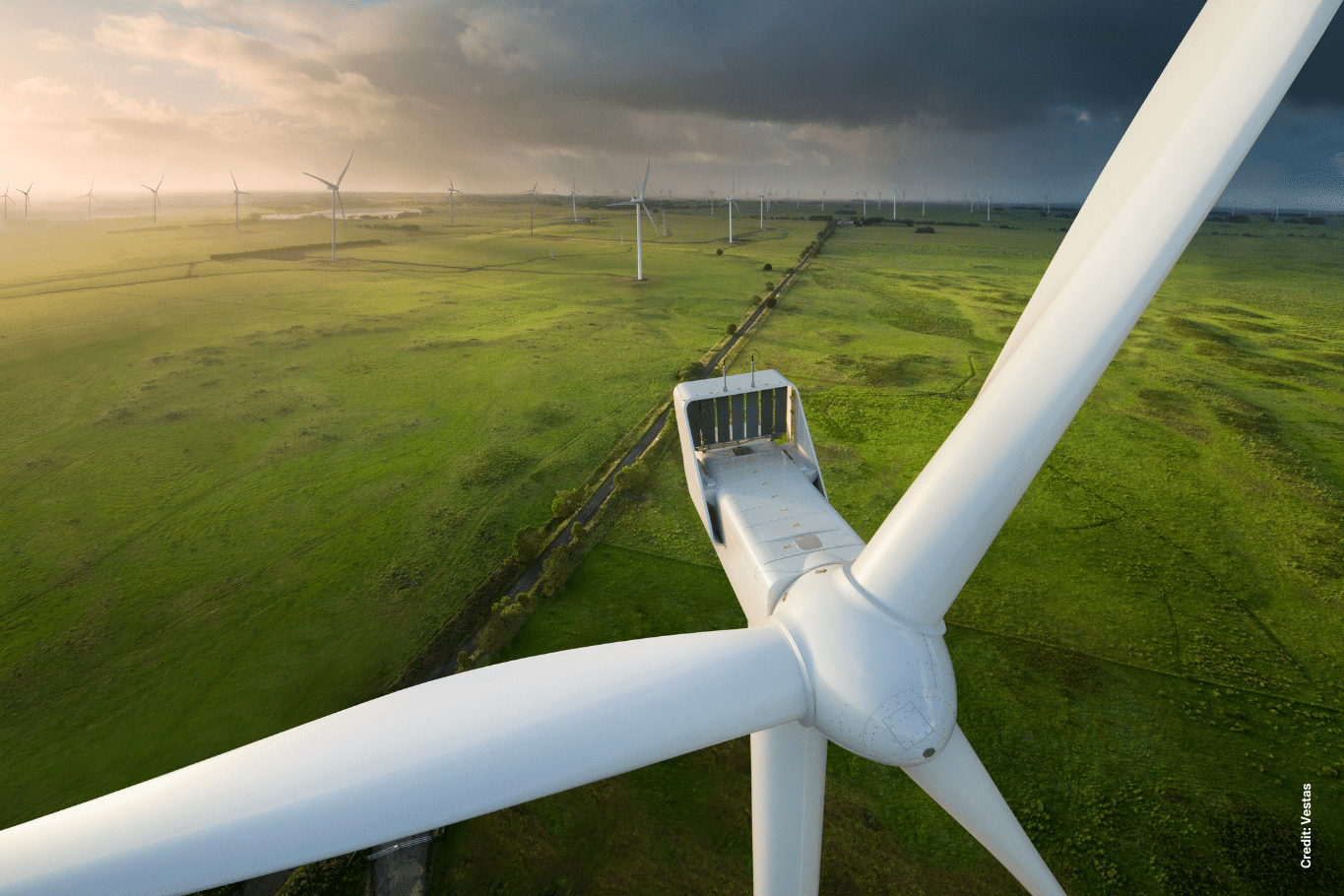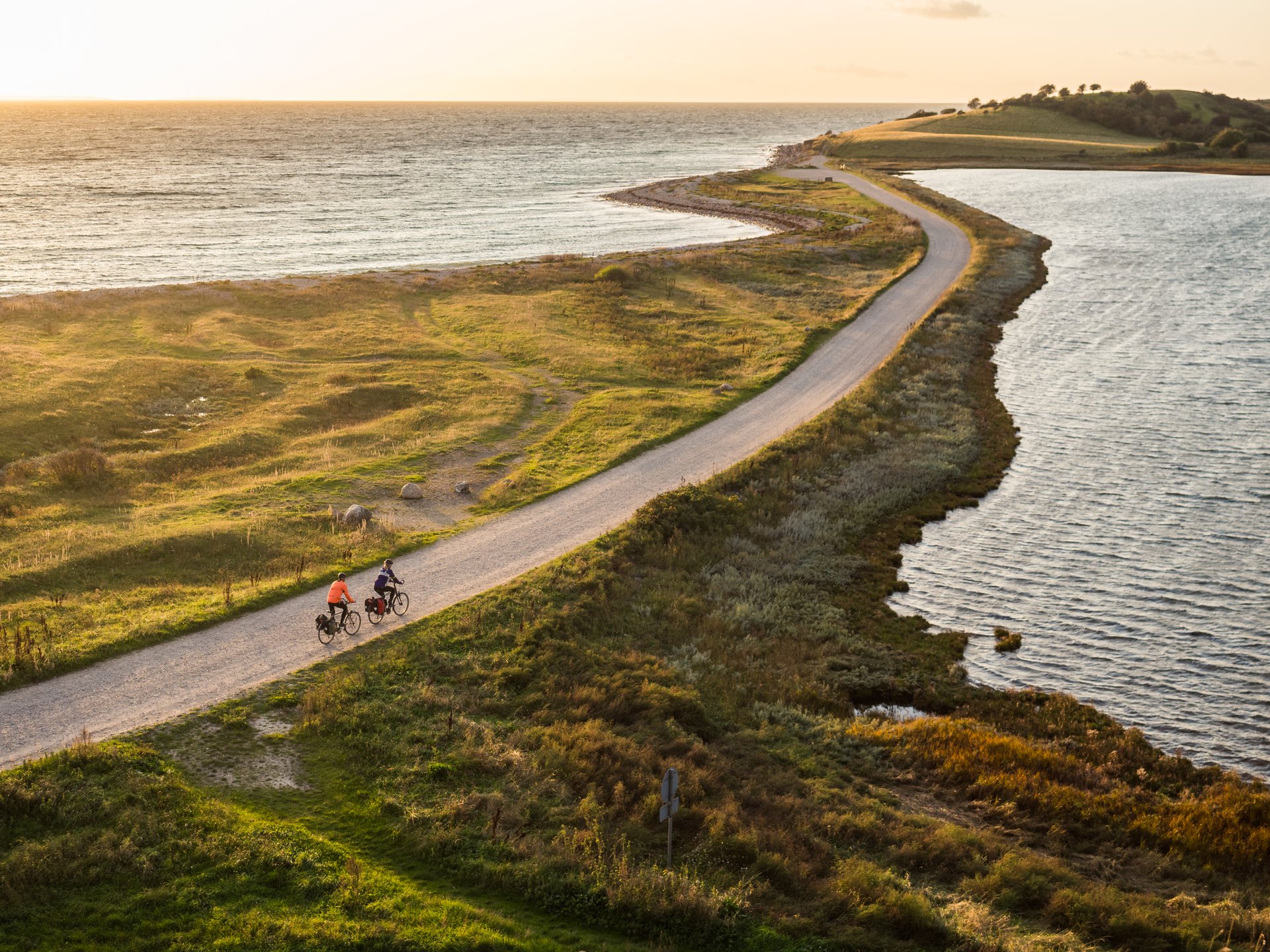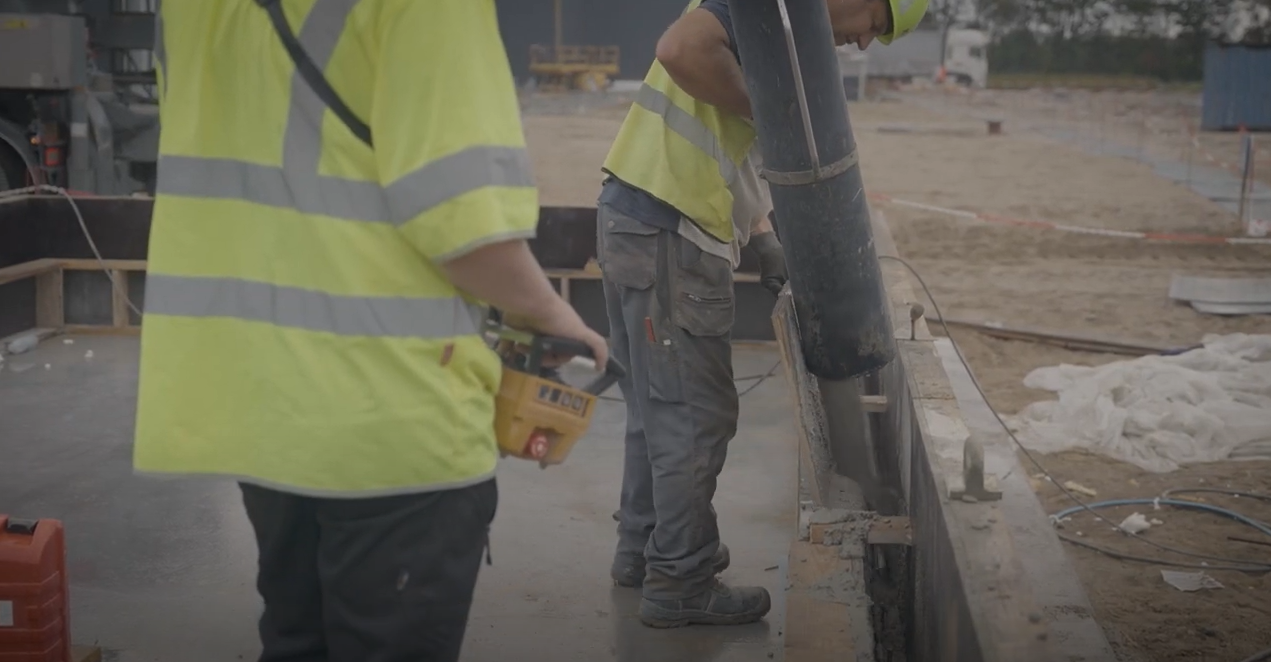News
Photovoltaics
Innovation Fur named as one of Denmark’s best green conversion projects

The green results speak for themselves: In just one year, the citizens of the island in the sound of Limfjorden have reduced their CO2 emissions by 20 per cent. The overall energy consumption of the citizens has dropped by 10 per cent – and electricity consumption in private homes has dropped by almost 18 per cent.
In recent years, the island of Fur has been going through a green transformation. In 2011, Fur, Skive municipality and EnergiMidt decided to develop a miniature model of the sustainable welfare society of the future. One of the keywords is citizen involvement: The idea is that change and green conversion must take place from the ground up. Innovation Fur has therefore created citizen groups in which the citizens of Fur participate in defining the various projects. This means that the projects become relevant to the citizens – and not least: more realistic. Including the citizen perspective is important in order to effect real change.
- From the outset, it was absolutely essential to involve the citizens in this project. Our philosophy is that change and new consumer habits must make sense to the consumers. We have therefore focused very much on involving the citizens through tuition, workshops and citizen meetings, says project manager Gitte Wad Thybo.
From the village hall to the EU
The initiatives on Fur are very varied. One central element was offering the citizens of Fur free energy consultancy, an offer that has been accepted by approx. 40 per cent of all homes. This has led to massive energy savings and has contributed greatly to getting sustainability on the agenda on Fur.
But Innovation Fur is about more than that:
- We had an alternative solar cell campaign where we donated one solar cell panel to the local village hall for each solar cell installation sold. We are participating in a major EU project on the intelligent power grid of the future. We are covering the digital aspect by kicking off an exciting tablet PC project at Fursund School in cooperation with Microsoft, among others. Innovation Fur is thus something that involves a lot of people on Fur, says Gitte Wad Thybo.
Innovation Fur also publishes annual climate accounts for Fur that show if behaviour has changed, and if the initiatives have come to fruition. The climate accounts mean that the project managers can continuously estimate whether the various initiatives achieve the desired climate effect.
You should consider reading
solutions
Carbon capture, storage and utilisation
+13
